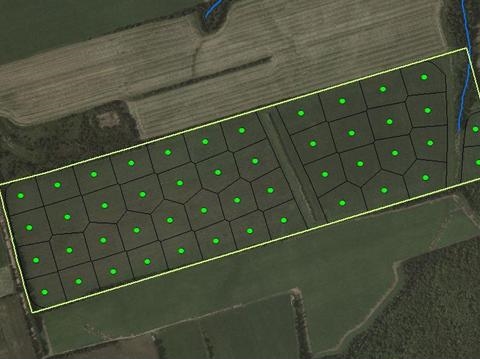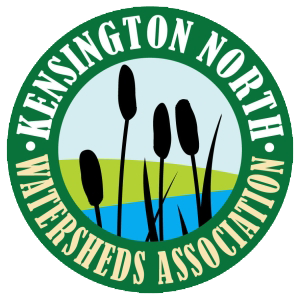The Nitrates Stakeholders Committee of the Kensington North Watersheds held a well attended meeting at the Kensington Legion on Feb. 10. Over 40 people were present, more than half of whom were farmers.
The meeting was chaired by Stakeholders Committee chair Jim Evans. In his opening remarks he set the stage for the meeting. The issue at stake is clean water, for our wells and for our rivers. A problem with excessive nitrates has been identified, and we have to solve it.
Barry Murray presented the Plan To Reduce Nitrates in the Southwest River. The Committee met 12 times over 2 1/2 years to create this plan. The Stakeholders Committee, made up mainly of farmers, feels that this plan represents our best options.

Harvey Cairns reported on GPS Soil Sampling, and how it is now available for local farmers to more precisely manage nutrient in their farm operation.
Steven Watts and Harvey Cairns both reported on nutrient field trials, and what effect adjusting fertilizer rates had on their pay yields (profits) in these plots in 2013.
Ronda Bellefontaine explained how agricultural software can assist farmers with decision making and the huge amount of data that is being generated by a large, modern farm, especially concerning nutrient management.
Scott Anderson from AgCanada spoke of the Bio-Reactor in Darnley that is reducing nitrates from a field tile drainage system, and how that system simulates the beneficial work that wetlands do to reduce farm nutrients.
Wade Caseley from Kensington Ag Equipment spoke of the newest GPS technology that is being incorporated on farm machinery for good land stewardship.
Barry Thompson from the Dept. of Agriculture & Forestry ended the meeting with summary remarks.
All the presentations are available for review in an easy format here. Please take a moment to review how farmers are working to improve the quality of our environment.
The article can be found online in The County Line Courier, Vol. 22, No. 04, Pg. 05.
